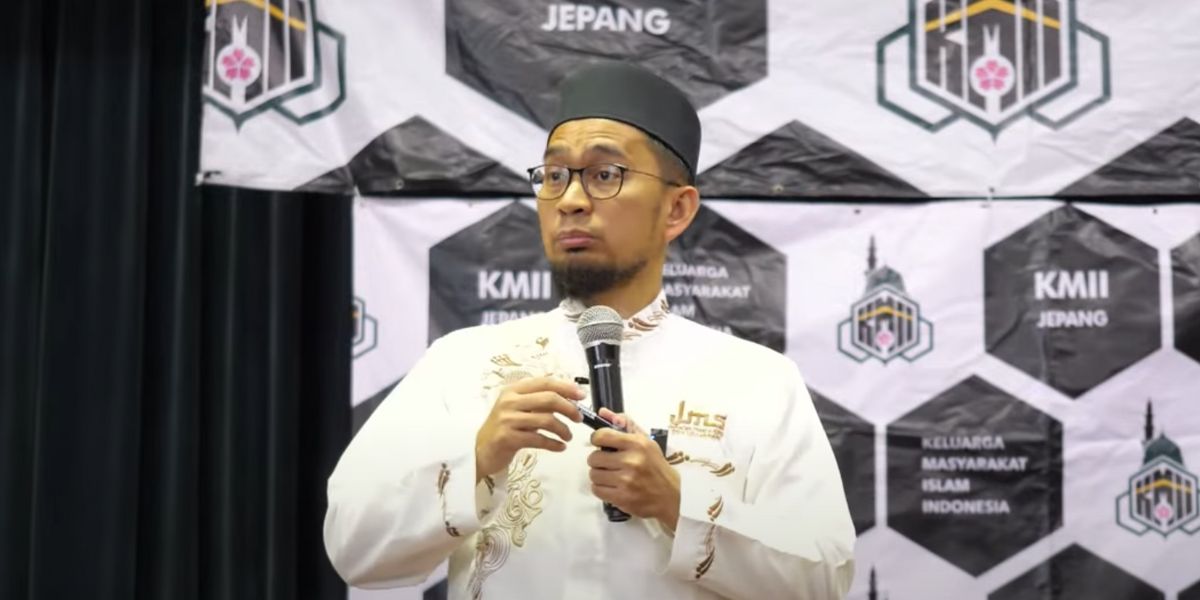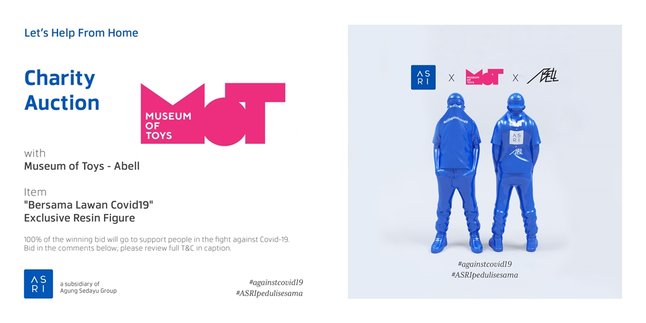Kapanlagi.com - Amid the diversity of worship practices, the Qunut prayer after bowing in the second rak'ah of the Subuh prayer has become one of the traditions widely practiced by Muslims, especially in Indonesia. This practice is very popular among Nahdliyin and followers of ahlussunnah wal jamaah who adhere to the Shafi'i school of thought.
Some people consider the Qunut Subuh to be bid'ah, while on the other hand, many believe it to be sunnah, especially the followers of Nahdlatul Ulama. The debate over whether the Qunut Subuh is bid'ah or not seems to continue, with each side having strong arguments to support their views.
One figure who often discusses this issue is Ustadz Adi Hidayat, or commonly referred to as UAH. This preacher, who has a close relationship with the Muhammadiyah Islamic organization, provides a clear and in-depth explanation regarding the Qunut Subuh. Let’s listen to the interesting explanation from UAH, as reported by Kapanlagi.com from various sources (15/11).
1. The Prophet Teaches Qunut
In an engaging lecture, UAH explained that Prophet Muhammad SAW taught qunut with various practices among his companions. Some of them, like Anas, chose not to perform it, while Ibn Umar actually practiced qunut.
"There are differing views among the companions and scholars, but none consider qunut as a bid'ah," UAH stated, referring to the various opinions of great imams such as Abu Hanifah, Malik, Shafi'i, and Ahmad bin Hambal.
He also expressed his astonishment at those who are not scholars of fiqh but dare to judge qunut as bid'ah, even though praying behind an imam who performs qunut or not is still permissible.
2. Fiqh Principles of Reading Qunut during Prayer
In a discussion that raised questions, Ustadz Abdul Hakim (UAH) expressed his astonishment at the phenomenon of praying behind an imam who is considered an innovator, especially when there are differences in the practice of qunut.
"It's quite funny, on one hand, we call them misguided, but on the other hand, we are still allowed to pray behind them," he said. According to him, if the imam performs qunut, the congregation should follow, because in prayer, the principle is to follow the imam's movements.
"Don't let it be that when the imam performs qunut, you do not do it. This is not just a matter of differing opinions, but about harmony in worship," UAH emphasized, stressing the importance of maintaining unity in prayer to avoid chaos in the worship practice.
3. Not Innovation and Muhammadiyah Does Not Question Qunut
In the One Century NU Symposium held in Surabaya in 2023, the General Chairman of PBNU KH Yahya Cholil Staquf, affectionately known as Gus Yahya, came into the spotlight when UAH expressed his views on the debate surrounding qunut.
According to UAH, although the Muhammadiyah elite have agreed that the issue of qunut is not a problem, understanding on the ground still varies. "Muhammadiyah has never questioned qunut. I have never heard a fatwa from the Majelis Tarjih stating that qunut is innovation, except from the Wahabi group," UAH stated, as reported by YouTube PAN Jatim.
He added, "In fact, when the imam performs qunut, the congregation behind him says 'amin,' and if the imam does not perform qunut, the congregation does not need to perform sujud sahwi. So, at the conceptual level, this issue is actually resolved," he concluded wisely. Wallahu a'lam.
4. Watch This Selected Video:
Of course! Please provide the part of the news that you would like me to rewrite, and I will help you with an engaging style.
(kpl/rao)
Disclaimer: This translation from Bahasa Indonesia to English has been generated by Artificial Intelligence.












